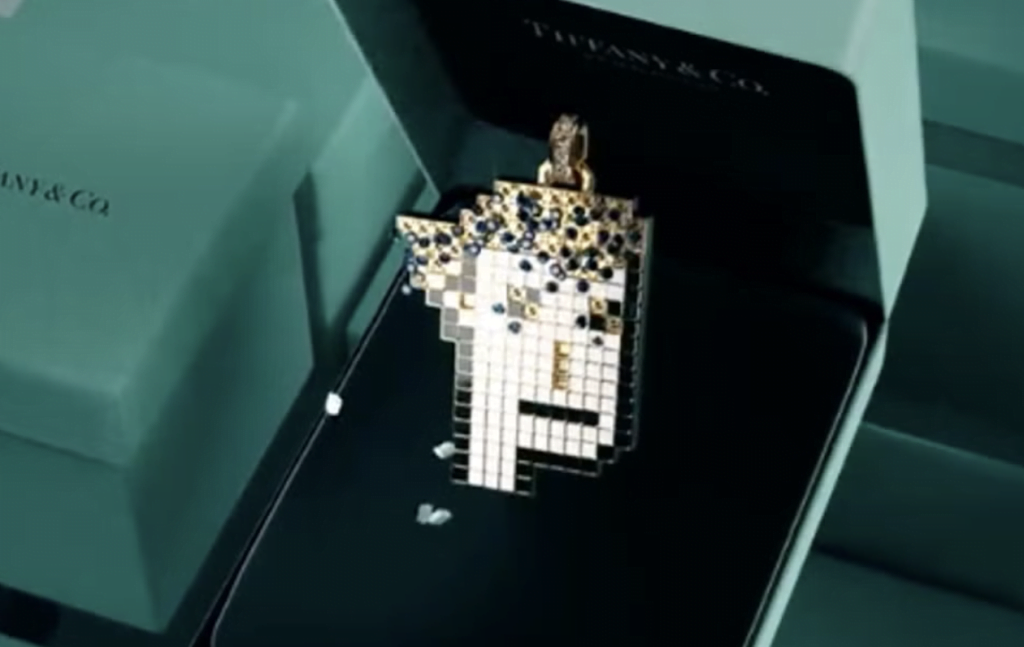Dior has unveiled its B33 sneaker range, embedding NFTs for special services and authenticity. The release indicates that there is increased adoption of Web3 technology in the fashion industry.
Dior is a major operator within the luxury fashion space. It recently introduced its B33 sneaker range which integrates the worlds of blockchain technology and fashion. Every physical sneaker within this range comes designed with an embedded NFC chip linked to an NFT digital twin securely stored on the blockchain.
In a notable step towards assuring authenticity, the integrated NFT works as a viable and valid digital certificate. While the term nonfungible token or reference to Web3 might not be conspicuously mentioned beyond mentioning the Ethereum blockchain within the product details, their presence is a noteworthy nod towards the ever-changing digital landscape. Also, the NFTs promise to unlock “dedicated services”.

The B33 Sneaker Design And Pricing Details
The intriguing aesthetics of the sneakers are designed meticulously by Kim Jones, DIOR Homme’s creative director. Notably, the inaugural sneaker from the B33 range comes with a huge price tag of €1,200 and is limited to just 470 pairs. After this launch, three design variants will be introduced to the market, and each of them will have similar limitations on availability and will have a price tag of €990.
Three other designs will be unleashed, although these will not be limited editions. The pricing infrastructure aligns perfectly with the normal high-range pricing strategy for Dior’s physical sneakers.
As for the ‘dedicated services’ that have been referenced, the information remains quite sparse. Besides authentication and information about the manufacturing process, notifications about forthcoming sneaker launches are included. Normally, these services enable the owners to access exclusive drops, but no explicit mention of the perk is offered.
LVMH’s Influence In The Integration Of Blockchain And Luxury Brands
DIOR is a major brand under the LVMH umbrella. Interestingly, LVMH has proven itself as a pioneer in incorporating blockchain technology within the luxury industry. LVMH is responsible for the launch of AURA, a blockchain consortium entirely dedicated to the luxury sector, featuring members such as Richemont and PRADA.
Originally, AURA implemented anti-counterfeit measures and verified authenticity. However, it later integrated sustainability tracking and collectible nonfungible tokens (NFTs). While DIOR is not listed as a member of AURA, its recent investment in NFTs aligns with the consortium’s general objectives.
Notably, LVMH’s brand Hennessy recently sold customized exclusive cognac bottles linked to NFTs at $250,000 each and unleashed the web3 brand H3NSY. Moreover, another LVMH member Louis Vuitton launched the Via Trunk, designed to offer secret experiences and products for a price of $39,000.

The Takeaway
Dior’s B33 sneaker range is described as another case of luxury brands majorly adopting and integrating blockchain technologies, introducing a new vista for user experience and product authenticity.
The trend of leveraging blockchain technology is not exclusive to the LVMH group. Other luxury fashion houses are also starting to adopt this emerging technology to boost their brand sales and promotion. For instance, famous fashion brands Hermès and Tiffany’s have begun exploring blockchain technology’s possible applications in their operations.
All these brands, including Dior, see blockchain technology’s potential for providing authentic, secure, and distinct digital experiences to their users.





